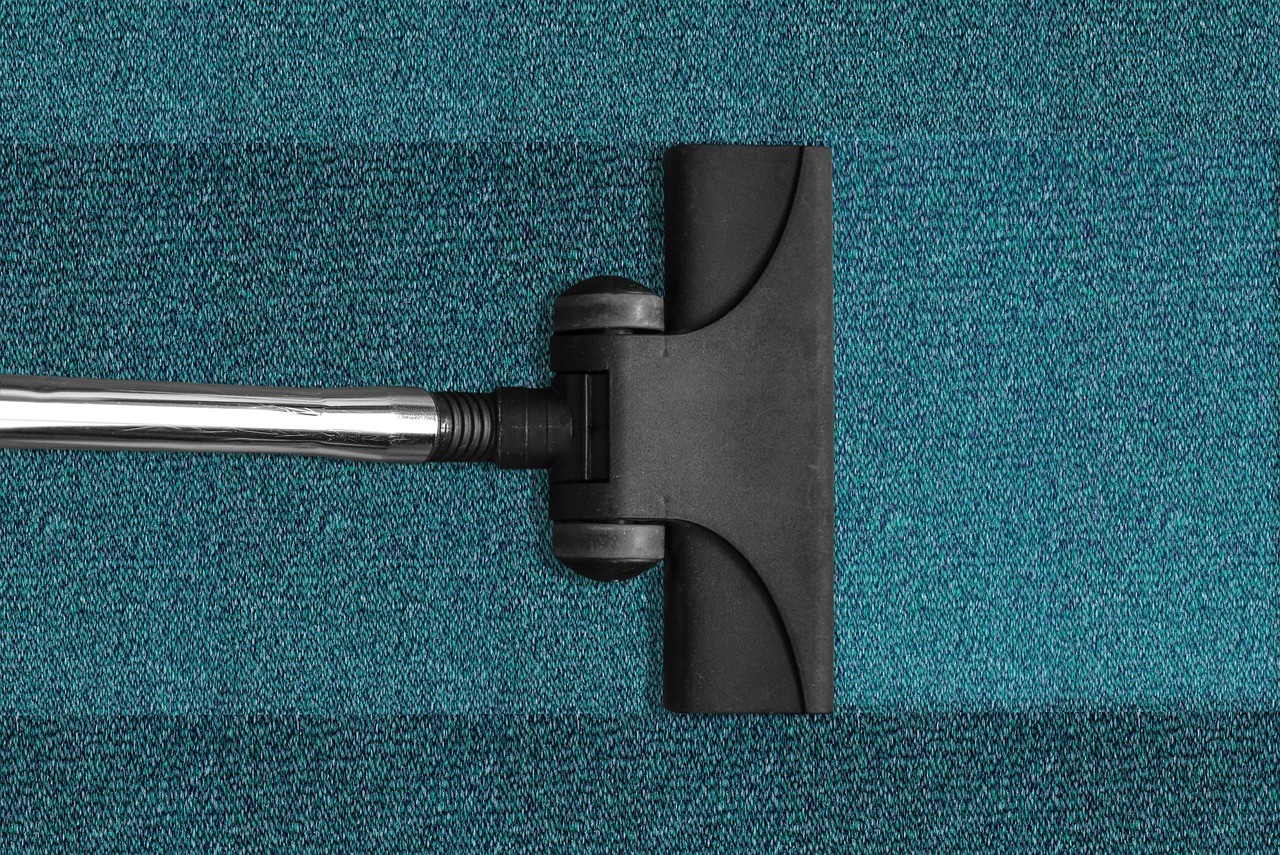Indoor air quality is an important factor in employee health, productivity, and comfort. Poor air quality can lead to a variety of health issues ranging from headaches and fatigue to respiratory problems, coughing, and even asthma. Fortunately, there are ways you can improve air quality at the office. In this blog post, we’ll look at some effective methods for improving indoor air quality and making the work environment healthier and more comfortable. We will also discuss the importance of regular HVAC maintenance and how it can help protect your employees’ health. So, if you’re looking for ways to create a healthier office atmosphere, read on!
1. Ventilation
The most effective solution to improve indoor air quality is by providing adequate ventilation. Make sure all windows, vents, and other openings are properly installed and functioning in order to facilitate airflow. This will also help reduce the risk of mold growth due to excessive humidity. Additionally, you can use duct fans that help draw in fresh air from outside as well as exhaust the stale, polluted air that builds up indoors. In order to find the best booster duct fan for your needs, it’s important to research the features and capabilities on offer. For instance, some may feature a timer, humidity sensor, and other features.
Also, be sure to check the noise level, power consumption, and other key specifications. Noise level is especially important in office settings, as loud fan noise can be a source of distraction and irritation. Power consumption is also important, as it will affect your energy bill. When considering power consumption, be sure to factor in the cost of running the fan over time. This way, you can find the most cost-effective solution.
Furthermore, if your office is in an area with poor outdoor air quality, you may need to install a HEPA filter to ensure clean air. Finally, keep in mind that if you are using any kind of air filter, it will need to be regularly replaced in order to ensure the best performance.
2. Air Filtering and Purifying
Air filters are designed to capture pollutants and allergens, such as dust mites, pollen, and other particles. A good quality air filter can reduce indoor air pollution considerably. There are various types of air filters available on the market, such as mechanical filters, electrostatic precipitators, and ozone generators. Each of these has its own unique features and capabilities. When choosing one, it’s important to consider the size of your office, the type of pollutants you expect to capture, and the cost. In addition to air filters, you can also install an air purifier. Air purifiers use a combination of filtration and ultraviolet (UV) light to reduce the quantity of airborne pollutants. However, they can be expensive and don’t necessarily improve air quality as much as a filter does.
3. Regular HVAC Maintenance
Regular maintenance of your office’s heating, ventilation, and air conditioning (HVAC) system is essential to maintain indoor air quality. Make sure to have the system checked at least once a year by a qualified HVAC technician. During this process, they’ll inspect the components of your system, clean them as needed, check for any leaks or weak spots, calibrate the thermostat, and address any other issues that may arise. This will help ensure optimum performance and better air quality in the workplace.
4. Limiting Chemical Use
The use of aerosols, cleaning products, and other chemicals can lead to the buildup of toxic fumes indoors. Be sure to limit the usage of these items in order to keep air quality as clean and safe as possible. Additionally, make sure that all staff members are aware of the proper safety procedures for using such substances, and that they are being used in a well-ventilated area.
5. Green Plants
Plants can be a brilliant addition to any office space, as they actively purify the air by removing toxins. Some house plants are particularly effective at this, such as Areca Palms and English Ivy, so consider introducing these into your workplace to help improve air quality. Additionally, the presence of plants has been shown to reduce stress and improve productivity, so it’s a win-win!
6. Encourage Staff to Take Breaks
When employees are sat at their desks all day, the air in the office can become quite stuffy. To combat this, encourage staff to take regular breaks and move around outside at least once a day. This will help clear out any stale air that has built up indoors and bring in some fresh oxygen. Additionally, it will give staff an opportunity to relax and refresh, which can result in improved productivity. So, it’s important to remind them of the importance of taking regular breaks.
7. Open the Windows
When possible, open the windows to allow fresh air in and circulate throughout the office. This will help clear out stale air and reduce humidity levels. However, be aware that it may not be suitable for some locations (e.g. busy roads), so you should take local conditions into account before doing this. Additionally, you may want to consider installing window screens in order to help keep out any unwanted bugs or debris.
8. Schedule Cleaning Sessions
Regularly cleaning and dusting your office will help improve air quality by reducing the buildup of dust, dirt, and other particles. Make sure to invest in high-quality cleaning products that are designed to be safe for indoor use, and schedule frequent cleanings (e.g. weekly or monthly). Additionally, you should also encourage staff to clean their desks and other areas at least once a day.
9. Invest in Vacuuming Services

It can be difficult to keep carpets and other upholstery clean, especially in a busy office environment. As such, it’s a good idea to invest in professional vacuuming services. These can help reduce the amount of dust and debris that builds up on carpets or furniture, and improve air quality in the process.
In conclusion, improving indoor air quality at the office requires regular maintenance and a few simple steps such as increasing ventilation and installing an appropriate filtering or purifying system. These measures can make all the difference in creating a healthier work environment for your employees!

